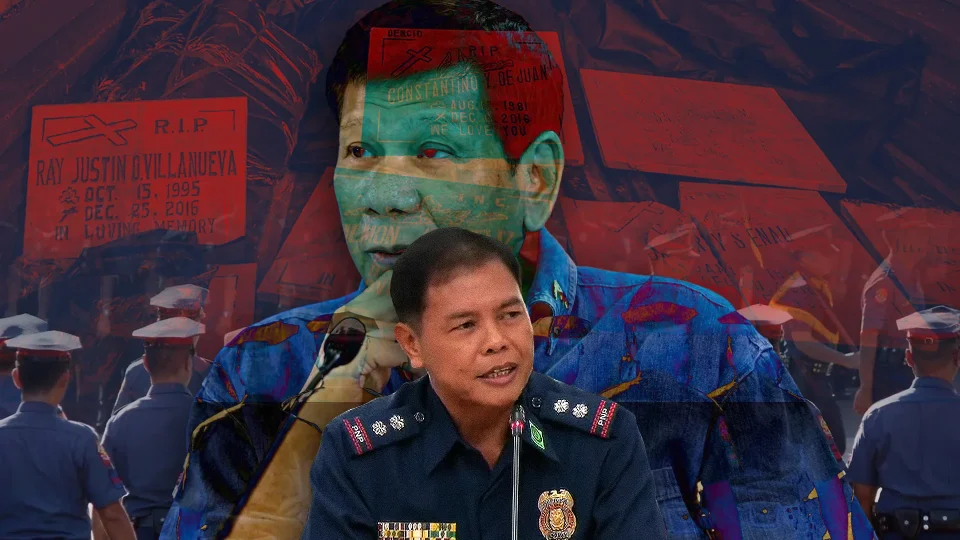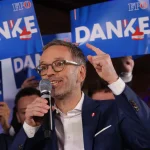A former police colonel has come forward with serious allegations against former Philippine President Rodrigo Duterte, claiming that his office offered payments of up to $17,000 for the killings of drug suspects. The accusations came to light during a congressional hearing, raising significant concerns about the country’s controversial anti-drug operations.
Royina Garma, who had close ties to Duterte, testified that he contacted her in May 2016, urging her to find a police officer who could implement a nationwide “war on drugs” based on the tactics used during his time as mayor of Davao. She described the so-called “Davao Model,” which involved varying levels of payments for executing targets. According to Garma, police were compensated for each killing, the funding of operations, and reimbursements for expenses incurred during these activities.
Despite the allegations, Duterte has consistently denied endorsing extrajudicial killings, even as he publicly threatened drug dealers and admitted to personally killing suspects during his presidency. The ongoing drug crackdown, which human rights groups estimate resulted in the deaths of up to 30,000 people—mainly young men—is currently under investigation by the International Criminal Court (ICC). President Ferdinand Marcos Jr. has stated that he would not cooperate with the ICC, claiming that such cases should be handled by Philippine courts and depicting the court as a threat to national sovereignty.
During her testimony, Garma named several individuals connected to Duterte, including his aide, Bong Go, now a senator. She alleged that all financial transactions related to killings and operational reimbursements were reported to Go, who has denied any involvement in handling funds or payments for killings. Go stated he would support a Senate investigation into the drug war.
Human rights organizations and lawyers representing victims’ families have expressed skepticism about the ability of domestic agencies to deliver genuine justice. “We are wary of any domestic investigation, as those involved may also be implicated in the crimes,” noted victim’s attorney Kristina Conti.
Carlos Conde, a senior researcher at Human Rights Watch, emphasized the difficulties in expecting law enforcement agencies to conduct unbiased investigations into the killings, given their historical ties to the drug war activities.
As the inquiry continues, these revelations have further intensified the scrutiny on Duterte’s legacy and the long-lasting impact of his controversial drug policy in the Philippines.
Credit: The Guardian




